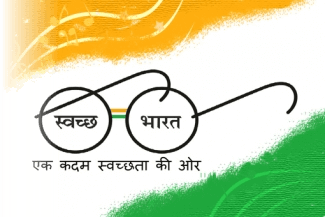Cleanliness
To keep vidyalaya Campus/Buildings clean and hygenic, 02 permanant post of swiper Cum Chowkidar are in place. These employees have been given responsiblity of keeping Admin block, Academic Block including class rooms/Labs/Library etc., Hostels, Campus, Roof Tops etc. clean & hygenic. Besides, these 02 employees, students also help in keeping the campus well maitained. As JNV Tonk has a big campus, having 30 acres of land, laborer we also engaged for cleaning wild gross, Bushes, treaming trees etc. This work is done on priority basis for ensuring sefely and secuarity of students against reptlies and othe harmful creaters, students and staff also contributes especially under hm'ble PM's Swachhata Mission.
Cleanliness
Cleanliness is both the abstract state of being clean and free from germs, dirt, trash, or waste, and the habit of achieving and maintaining that state. Cleanliness is often achieved through cleaning. Cleanliness is a good quality, as indicated by the aphorism: "Cleanliness is next to Godliness",[1] and may be regarded as contributing to other ideals such as health and beauty. In emphasizing an ongoing procedure or set of habits for the purpose of maintenance and prevention, the concept of cleanliness differs from purity, which is a physical, moral, or ritual state of freedom from pollutants. Whereas purity is usually a quality of an individual or substance, cleanliness has a social dimension, or implies a system of interactions.[2] "Cleanliness," observed Jacob Burckhardt, "is indispensable to our modern notion of social perfection."[3] A household or workplace may be said to exhibit cleanliness, but not ordinarily purity; cleanliness also would be a characteristic of the people who maintain cleanness or prevent dirtying. On a practical level, cleanliness is thus related to hygiene and disease prevention. Washing is one way of achieving physical cleanliness, usually with water and often some kind of soap or detergent. Cleaning procedures are of the utmost importance in many forms of manufacturing.

